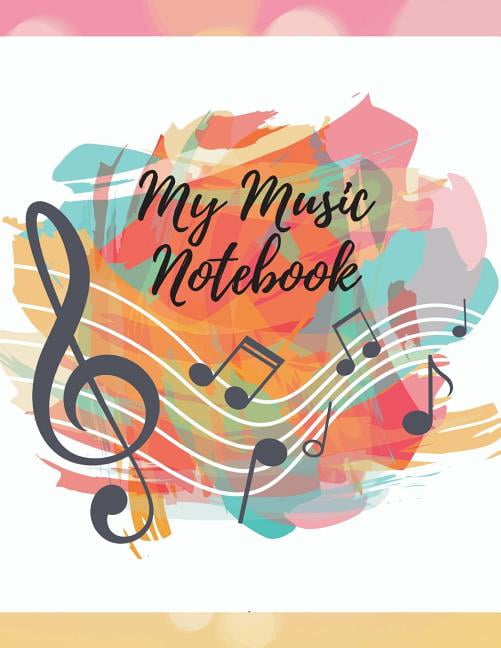

It concludes that the first of these transitions might successfully be avoided if pedagogy was to be considered as an aspect of musicianship from the outset. …in developing their identity as a teacher, music graduates not only make a transition in identity from musicians to music teachers, but … they also make a second transition in order to think of themselves as teachers within the particular context in which they are going to work. Garnett identified two transitions that appear to take place in the development of a teacher's identity and states: For example, ensemble rehearsals, applied lessons, and other music courses provide a great many opportunities for the student to learn about pedagogy, and musicians at any level are likely to teach other musicians in some manner. The nature of studying music allows preservice teachers to become actively involved in the praxis of their field, and Garnett (2014) argued that pedagogy should be considered an aspect of musicianship.

Thus it behooves the preservice teacher to take responsibility for identifying and developing all the different skills needed for employment as a first year music teacher. MacLeod and Walter (2011) found that musical skills, unfortunately, are often deficient in preservice music teachers. Preservice music teachers must recognize that there is no substitute for musicianship and knowledge of the subject matter, making every effort to develop personal musicianship to the highest level possible. Development of these overlapping understandings and skills should be a central objective in preservice education curriculum. Bartell (1995) maintains that regardless of the initial preparation received, teachers are never fully prepared for the realities and responsibilities of the classroom.Įfforts to mitigate praxis shock must include building a firm foundation of the concepts required for teaching any subject, including music. 1020)Ĭhanges in teacher preparation can be justified and best practices are always worthy of further examination, but this debate about the quality of teacher preparation is not easily settled. Thus it is not surprising that teachers lack conceptual and connected knowledge of the subjects they teach. The survey courses that dominate these programs provide limited opportunities to develop deep understanding and critical perspectives or to experience firsthand the modes of inquiry associated with different fields. Undergraduate education is currently under siege. Many critics have called for universities to reform how they prepare teachers for the profession (Ballantyne, 2007 Ballantyne et al., 2009 Ballantyne and Packer, 2004 Conway et. In fact, part of what can make the music teaching profession especially rewarding is that good teachers are invested in the ongoing improvement of their teaching skills. Just as developing skill as a musician takes time and practice, developing skill as a music teacher requires a similar kind of time, effort, practice, and patience. Teaching music is similar to performing music. They asserted that doing so takes practice (p. Wilson, Bell, Galosy, & Shouse (2004) discussed that all professions face the challenge of putting ideas into practice. Praxis shock is described as the challenge new teachers face in coping with classroom realities for which their preservice training has not adequately prepared them (Goddard & Foster, 2001). Specifically, the authors offer pragmatic suggestions to novice music teachers, particularly on the benefits of various types of mentoring that may aid in this transition. The purpose of this article is to give insight into making the difficult transition from music student to music teacher a smoother and more effective process. Nothing can completely prepare new teachers for the wide variety of realities they will face. The shock that teachers experience as they enter the profession is well documented across all disciplines.


 0 kommentar(er)
0 kommentar(er)
